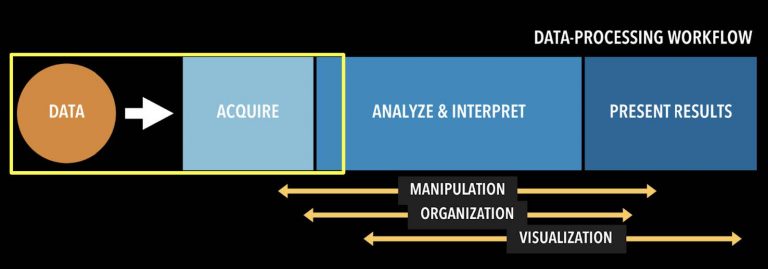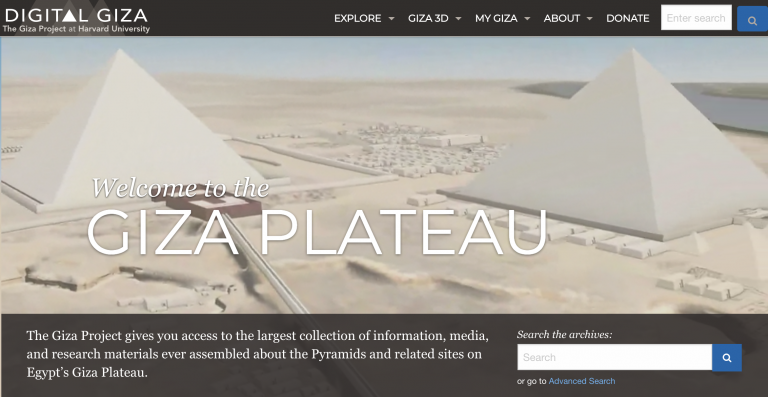Just over a year ago, running an entirely virtual speaker series would have sounded crazy, but like all other areas of our work and personal lives which were upended by COVID, we pressed on and made it happen. While the DSSG and our collaborators look forward to welcoming you back to Cabot for in-person talks sooner rather than later, we did find that the new format presented numerous advantages. The virtual Discovery Series allowed us to attract larger audiences, tap powerhouse colleagues at institutions outside of the immediate Boston area, and more easily record the wonderful presentations. Here is a recap of those talks, with links to recordings.
In honor of Dr. Martin Luther King Day, we started our Spring 2021 Discovery series with a tribute from VR filmmakers Alton Glass and Paris McCoy from GRX Immersive Labs. In Storytelling in Action: The GRX Immersive Labs Way, Glass and McCoy shared some of their recent VR projects which are empowering new creators and educators: TIME’s “THE MARCH“, the OCULUS VR series IN PROTEST, and the sci-fi virtual reality series, POV: POINTS OF VIEW, which explores the potential threats of A.I. bias in law enforcement technologies.
Watch “Storytelling in Action” | Original event post
Virtual reality also featured heavily in our February presentation by Colin Keenan (NCSU). Colin showed how North Carolina State University Libraries and the Department of Plant & Microbial Biology are collaborating on VRPlants, a series of VR educational experiences, including VR workshops for both educators and naturalists, 360 degree video tours of longleaf pine ecosystem restoration, and more. Being able to jump from a lab bench of samples directly into a 360 video of the sample collection site was amazing!
Watch “VRPlants” | Original event post
In March, we shifted from VR toward computer vision applied at scale with Ben Lee‘s presentation on his Library of Congress project Newspaper Navigator: Re-Imagining Digitized Newspapers with Machine Learning. Ben walked us through how trained a PyTorch and Detectron 2 model to extract visual elements from 17 million pages of newspaper images; running the actual pipeline on 100 TB of image and XML data took 19 days on 96 vCPUs and 8 GPUs! Ben then developed the Newspaper Navigator application to provide open faceted search across the newly generated dataset of 1.5 million photos. Users can train AI navigators to retrieve visually similar content, and the training process is exposed to the user. I highly recommend playing with the application!
Watch “Newspaper Navigator” | Slides | Original event post
We closed out the Spring 2021 Discovery Series with an intergalactic trip hosted by Clara Sousa-Silva (Center for Astrophysics / Harvard-Smithsonian). Clara, a quantum astrochemist, explained how she uses tools such as spectroscopy to analyze the light from exoplanets and understand the composition of their atmospheres. This could eventually allow us to recognize the atmospheric biosignatures of alien lifeforms. Clara discovered that her favorite molecule, phosphine, lacks the false positives that disqualify methane, water, and other molecules from unambiguously signaling life. Clara also highlighted her work with several outreach programs which engage high school students as collaborators on publishable scientific research.
Watch “Would We Know Life If We Saw It?” | Original event post

